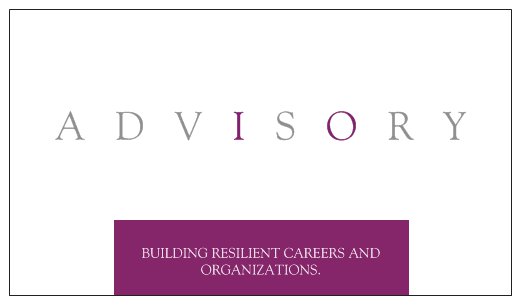Lately, the notion of resilience has been coming up frequently – even without making any reference to my business cards which say “Building Resilient Careers and Organizations.™”
Obviously, I consider resilience to be an essential ingredient for career development and career management or it wouldn’t have such a prominent place on my business cards or on my website. Over the next while, I plan to share a few blog posts that relate to resilience.
So that we’re all on the same page, let’s start with a definition. The American Psychological Association defines resilience as the process of adapting well in the face of adversity, trauma, tragedy, threats or significant sources of stress – such as family and relationship problems, serious health problems, or workplace and financial difficulties. Resilience is not a trait that people either have or do not have. It involves behaviours, thoughts, and actions that anyone can learn and develop.
In my work as a Career Coach with professionals and aspiring professionals, I often work with people who are working (and are successful) but are contemplating a transition into something else — or they are interested in making the most of their current position to ensure their long-term success. In both instances, it’s a matter of taking steps to do the thinking, planning, and taking the appropriate actions to build resilience into their career path. Usually, this means identifying what they’d like to be doing 5 or 10 years out and working backward to put the necessary milestones in place. In this instance, I think of resilience within a career path as insulating and fortifying a person’s career against the inevitable bumps and turns that can unfold over the years.
Often, it’s only the most evolved workplaces that take their employees’ career development and career progression seriously and make it a priority. Typically, organizations focus on their own anticipated needs and fit their employees into those plans. This approach is great when organizations’ priorities and agendas match their employees’ but when they don’t, employees can become discouraged and their prospects can become rather limited. What’s worse is that when an employee does not actively manage their career and then things go sideways (or spiral downwards or “out”) then a crisis may occur. In my opinion, building resilience is necessary when taking a proactive approach to managing one’s livelihood and career. Having resilience is also necessary when trying to recover from difficult circumstances (e.g., bullying or sexual harassment) that happen within the workplace or in our personal lives (e.g., working while grieving, dealing with domestic violence, or divorce).
A primary factor in resilience is having positive relationships inside or outside of one’s family – in other words, this refers to one’s personal and professional network. It is the single most critical means of handling both typical and extraordinary levels of stress. The good news is that we’re all capable of learning and developing resilience. I’ll revisit the issue of “Networking for Resilience” and the notion of “Resilience and Setbacks” in future posts.
Need help dealing with delicate or high-stakes career or HR issue? I invite you to contact me privately. I offer a free 15 to 20-minute initial consultation by phone. Or, if you prefer, you can contact me by email, or via direct message on Twitter, Facebook, or LinkedIn.
More than career coaching, it’s career psychology®.
I/O Advisory Services – Building Resilient Careers and Organizations.™
Easily share this article using any of the social media icons below.





